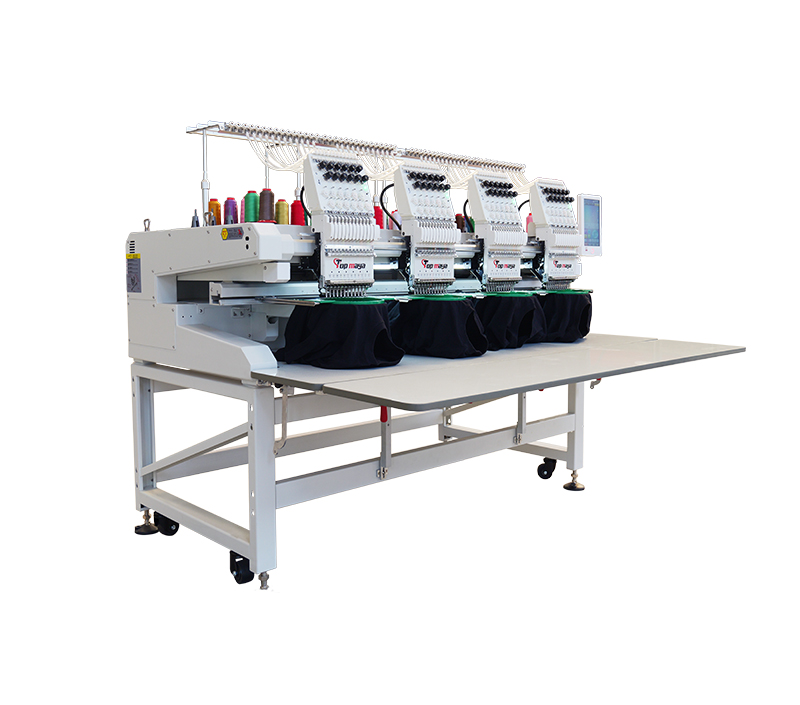Custom Aluminum Alloy Cables: Benefits & Applications Explained!
With competitive price and timely delivery, Mingda sincerely hope to be your supplier and partner.
Q1: What are Custom Aluminum Alloy Cables?
Custom aluminum alloy cables are tailored electrical cables made primarily from aluminum and its alloys. They are designed to meet specific needs in various industries, providing an efficient alternative to traditional copper wiring.
Q2: What are the benefits of using Custom Aluminum Alloy Cables?
1. Lightweight: Aluminum alloy cables are significantly lighter than copper cables, making installation easier and reducing transportation costs.
2. Corrosion Resistance: Aluminum alloys offer good resistance to corrosion, which enhances the longevity of the cables in harsh environments.
3. Cost-Effective: Aluminum is generally cheaper than copper, leading to lower overall material costs. This makes aluminum alloy cables a budget-friendly option.
4. Effective Conductivity: While aluminum doesn't conduct electricity as efficiently as copper, advancements in alloy technology have improved its performance, making custom aluminum cables a suitable alternative for many applications.
Q3: Where are Custom Aluminum Alloy Cables commonly used?
1. Power Generation and Transmission: Custom aluminum alloy cables are widely used in power plants and transmission lines due to their lightweight and conductive properties.
2. Industrial Applications: Many industries, including automotive and manufacturing, utilize these cables for power distribution and control systems.
3. Renewable Energy: In solar and wind energy applications, aluminum alloy cables are favored for their efficiency and reduced weight, optimizing the installation process.
4. Residential Wiring: Some residential buildings may also use custom aluminum alloy cables for electrical wiring, providing a safe and effective solution.
Related links:How to Select the Right Aluminum Alloy Cable Custom?
Q4: Are there any disadvantages of Custom Aluminum Alloy Cables?
Are Wireless Access Points Safe?
Electronic Wire Harness: The Backbone of Modern Electronics
Understanding Medical Wires: Types and Their Essential Uses
What Are the Benefits of UV LED Print Technology?
Unveiling the Benefits of Platinum Plated Titanium Anodes
Understanding Lead Tin Antimony Alloy Anodes Explained
1. Lower Conductivity: Compared to copper, aluminum's conductivity is lower, which can lead to higher energy losses in certain situations.
2. Oxidation Issues: Although aluminum is corrosion-resistant, it can oxidize over time. Proper maintenance and regular inspections are essential to ensure safety and performance.
3. Mechanical Strength: Aluminum alloy cables may be less durable than their copper counterparts, leading to concerns regarding their use in high-stress environments.
Q5: How to maintain Custom Aluminum Alloy Cables?
1. Regular Inspections: Conduct periodic checks for signs of wear, corrosion, or damage.
2. Proper Termination: Ensure correct installation practices to prevent oxidation issues at connection points.
3. Environment Considerations: Keep the cables away from extreme temperatures, moisture, and chemicals to prolong their lifespan.
Q6: Conclusion
Custom aluminum alloy cables provide a practical solution for a variety of applications. Their lightweight, cost-effectiveness, and reasonably good conductivity make them an attractive choice for many industries. However, understanding their limitations and maintenance needs is crucial for ensuring their effectiveness and durability in electrical systems.
Please visit our website for more information on this topic.
For more information, please visit Aluminum Alloy Cable custom.
Related links:OHIO Diamond Engraving Stylus vs. Traditional Tools: Which Wins?
Unlocking Speed: Benefits of Flexible Ethernet Cable
What Makes the Best Cable for Car Charging?
Why Platinum Coated Titanium Anodes Are Game Changers in Electrolysis
10 Essential Tips for Mastering the Triple Light Switch Setup
Key Considerations When Purchasing Flexible Wire for Exports
Key Considerations When Buying Diamond Cutting Tools


